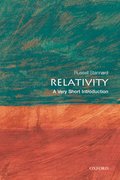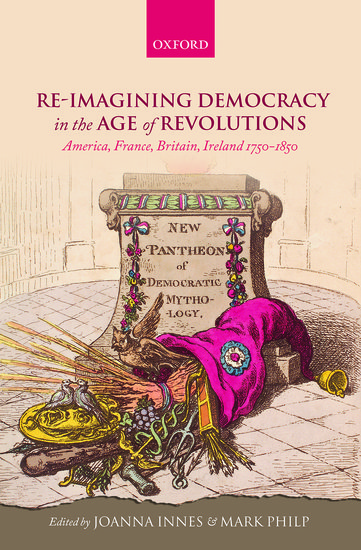OHR signing off (temporarily!)
By Caitlin Tyler-Richards
Dear readers, the time has come for the Oral History Review (OHR) social media team to say so long for now. We’ve had a fantastic time bringing you the latest and greatest on scholarship in oral history and its sister fields. However, all sorts of summer adventures are calling our names, so we’re taking a brief hiatus from the world wide web. In fact, as you are reading this, I am on my way to Nigeria for two months!








